Hollywood Strike: Actors Join Writers, Bringing Production To A Standstill
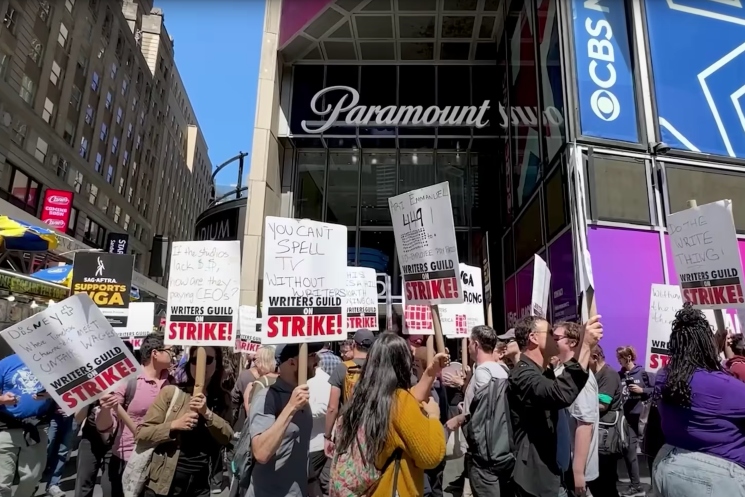
Table of Contents
Key Demands of the SAG-AFTRA Strike
The SAG-AFTRA strike isn't just about pay; it's about fairness and the future of work in the entertainment industry. The union's demands reflect the seismic shifts caused by streaming and the emergence of artificial intelligence.
Fair Wages and Residuals in the Streaming Era
The rise of streaming platforms like Netflix, Disney+, and Hulu has revolutionized how we consume entertainment, but it has also drastically altered the compensation landscape for actors. Traditional residuals, payments actors receive for reruns and syndication, are significantly diminished in the streaming model, leading to a crucial point of contention in the Hollywood strike.
- SAG-AFTRA is pushing for a fairer share of streaming revenue, reflecting the increased viewership and profitability of these platforms. The union argues that actors should be compensated proportionally to the success of their projects, regardless of the platform.
- The union is seeking transparent reporting of streaming revenue to ensure fair compensation. Currently, the lack of transparency makes it difficult for actors to understand how their work contributes to overall profitability.
- The demand for increased minimums for actors, particularly in low-budget productions and background roles, is crucial. Many actors struggle to make a living wage, especially those in smaller roles, highlighting the need for a minimum pay increase to combat the issue of poverty wages.
Protecting Actors Against AI
The rapid advancement of artificial intelligence (AI) poses a significant threat to actors' livelihoods. The union is advocating for strong protections against the unauthorized use of actors' likenesses and performances in AI-generated content, a major concern fueling the Hollywood strike.
- Negotiations involve securing consent and compensation for the use of actors' digital doubles or AI-generated recreations. The union wants to ensure that actors receive appropriate compensation for any use of their image or likeness, even in AI-generated content.
- Preventing the replacement of actors with AI-generated content is a central concern. The fear is that AI could render actors obsolete, leading to widespread job losses.
- The union seeks to establish clear guidelines and regulations surrounding the use of AI in the entertainment industry. This would provide a framework for responsible AI development and deployment within the industry.
The Impact of the Dual Hollywood Strike
The combined strike by writers and actors has had a profound and far-reaching impact, extending beyond the immediate participants.
Production Shutdowns and Economic Fallout
The Hollywood strike has brought nearly all major film and television production to a halt. This has significant economic consequences, affecting numerous individuals and businesses reliant on the entertainment industry.
- Thousands of crew members, including camera operators, editors, and production assistants, are facing unemployment, exacerbating the economic hardship resulting from the Hollywood strike.
- The strike is impacting various businesses, including restaurants, hotels, and transportation services, that cater to the entertainment industry, creating a ripple effect across the economy.
- The delay in releasing new movies and TV shows will have a cascading effect on streaming platforms and box office revenue, potentially impacting the profitability of major studios.
Potential Long-Term Effects on the Industry
The length and outcome of this Hollywood strike could reshape the industry's landscape for years to come.
- The strike could lead to renegotiated contracts and a stronger union presence in the future, potentially enhancing the bargaining power of creative workers.
- It might force studios to reassess their business models and prioritize fairer compensation for creative talent, potentially leading to a shift in how the industry values its creative workforce.
- The strike could accelerate the adoption of new technologies and production methods, although the long-term implications of that are still uncertain.
Conclusion
The Hollywood strike, with both writers and actors united in their demands, represents a pivotal moment for the entertainment industry. The key issues at stake – fair compensation in the streaming era, and the protection of actors against the looming threat of AI – highlight the need for fundamental changes in how the industry values and compensates its creative workforce. The outcome of this Hollywood strike will shape the future of film and television production for years to come. Stay informed about the ongoing Hollywood strike and its potential long-term effects. Understanding the complexities of this labor dispute is crucial for anyone interested in the future of the entertainment industry. The future of fair wages and working conditions in Hollywood hinges on the resolution of this Hollywood strike.

Featured Posts
-
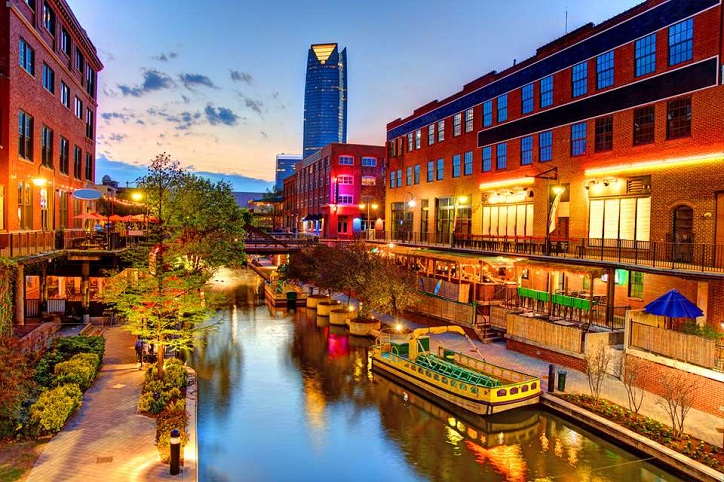 Check For Oklahoma School Closings Wednesdays Winter Weather
Apr 25, 2025
Check For Oklahoma School Closings Wednesdays Winter Weather
Apr 25, 2025 -
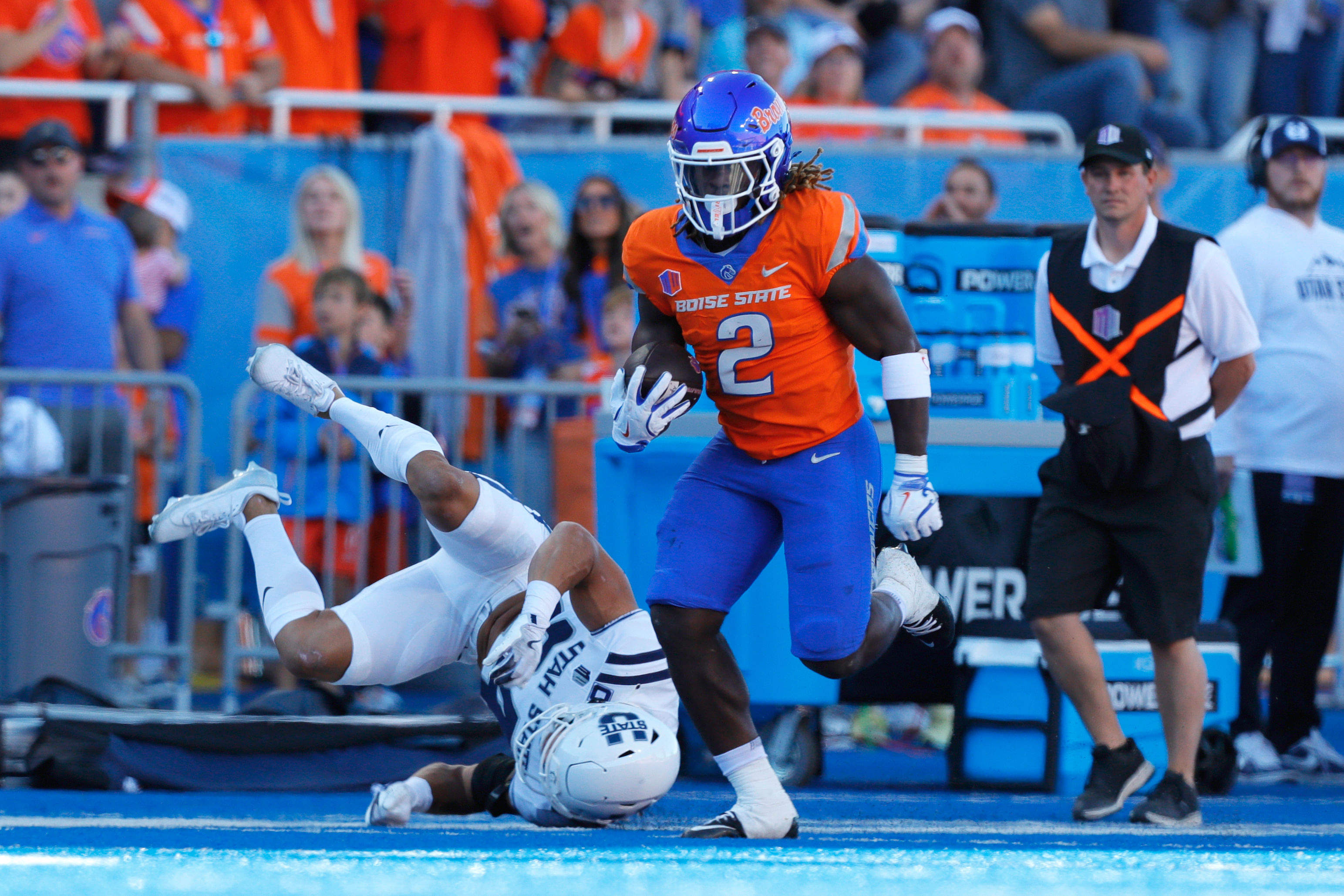 Analyzing Ashton Jeantys Fit With The Chicago Bears
Apr 25, 2025
Analyzing Ashton Jeantys Fit With The Chicago Bears
Apr 25, 2025 -
 Manalapan Floridas Next Palm Beach The Super Rich Influx
Apr 25, 2025
Manalapan Floridas Next Palm Beach The Super Rich Influx
Apr 25, 2025 -
 Price Gouging Allegations Surface After La Fires A Selling Sunset Star Weighs In
Apr 25, 2025
Price Gouging Allegations Surface After La Fires A Selling Sunset Star Weighs In
Apr 25, 2025 -
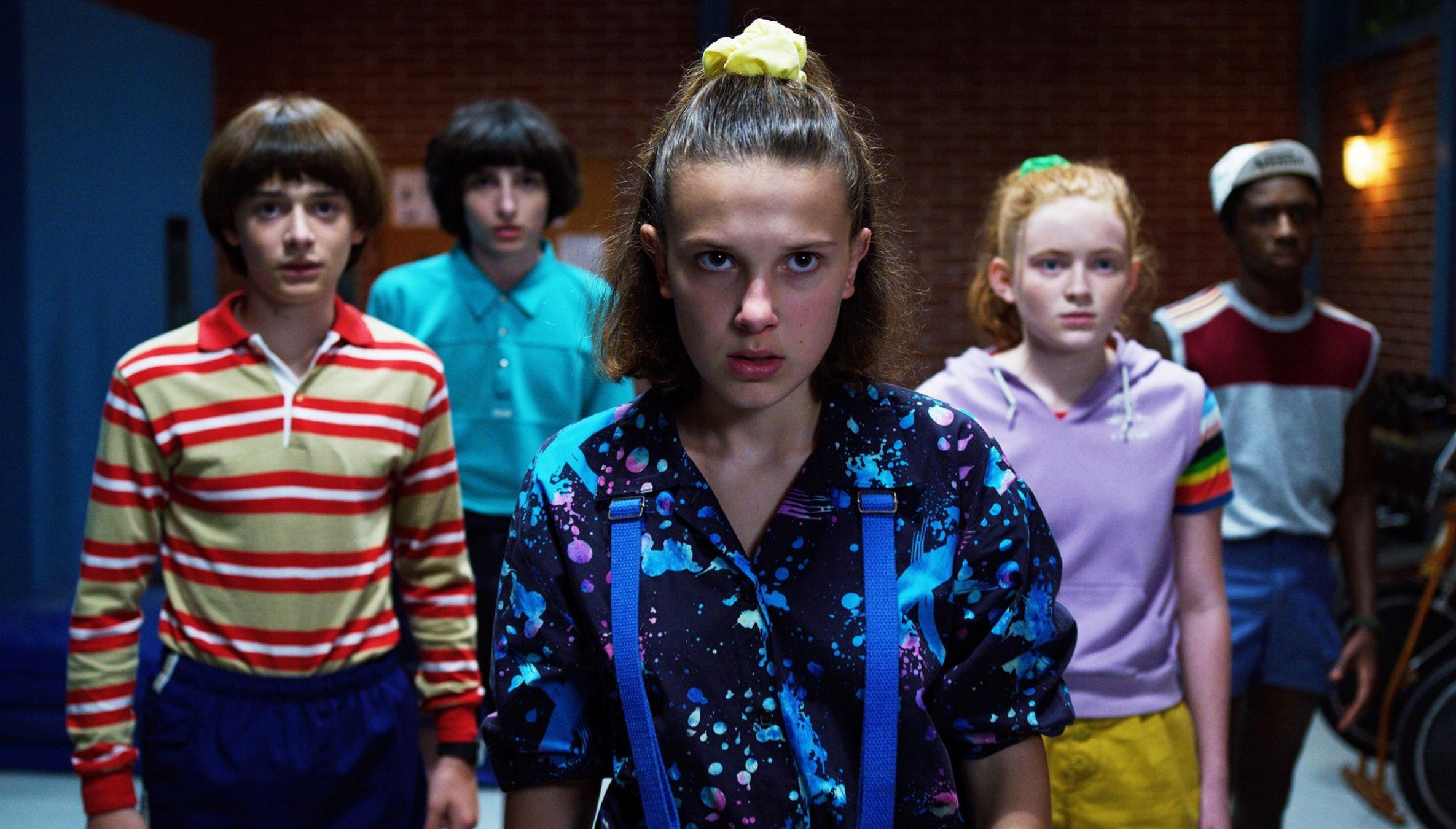 Sadie Sink From Broadway Stage To Stranger Things Backstage
Apr 25, 2025
Sadie Sink From Broadway Stage To Stranger Things Backstage
Apr 25, 2025
Latest Posts
-
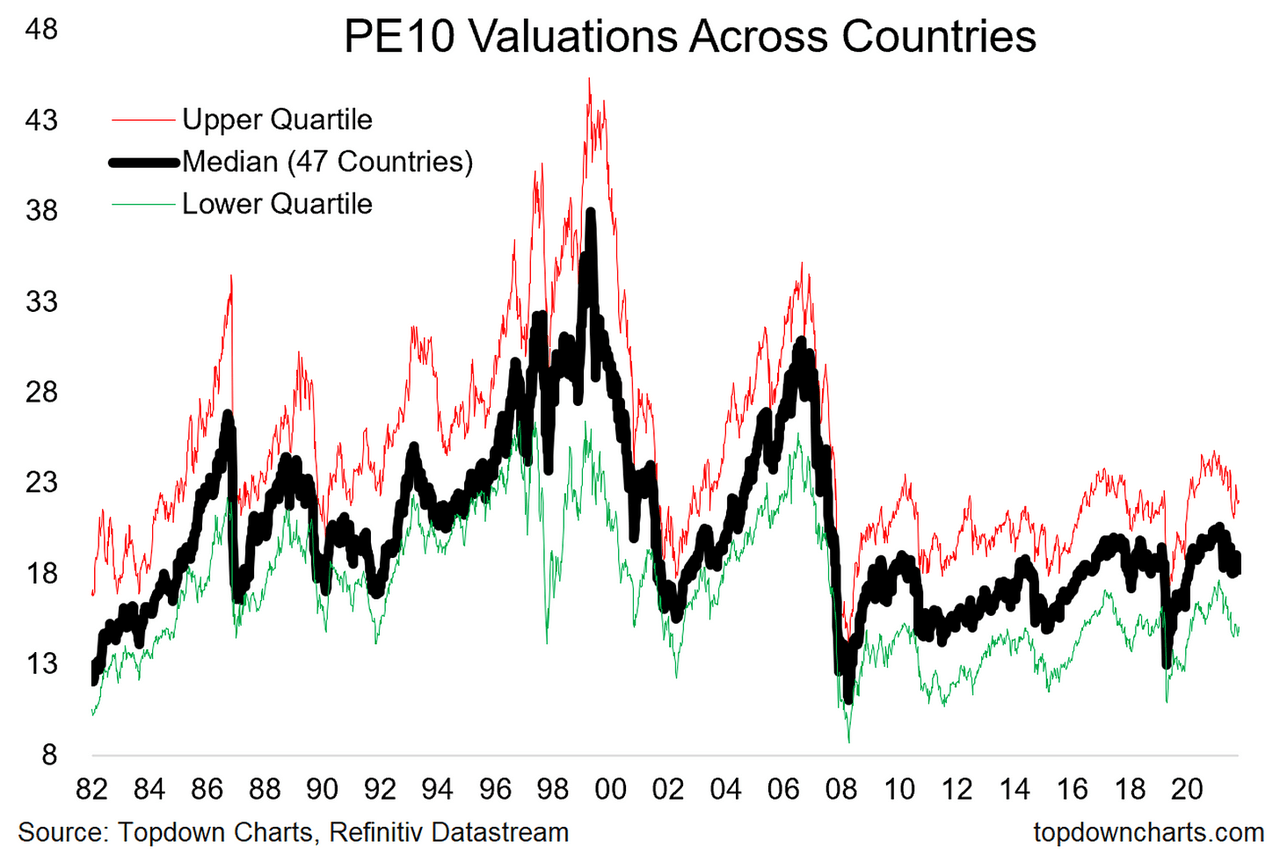 Understanding Stock Market Valuations Bof As Argument For Calm
Apr 26, 2025
Understanding Stock Market Valuations Bof As Argument For Calm
Apr 26, 2025 -
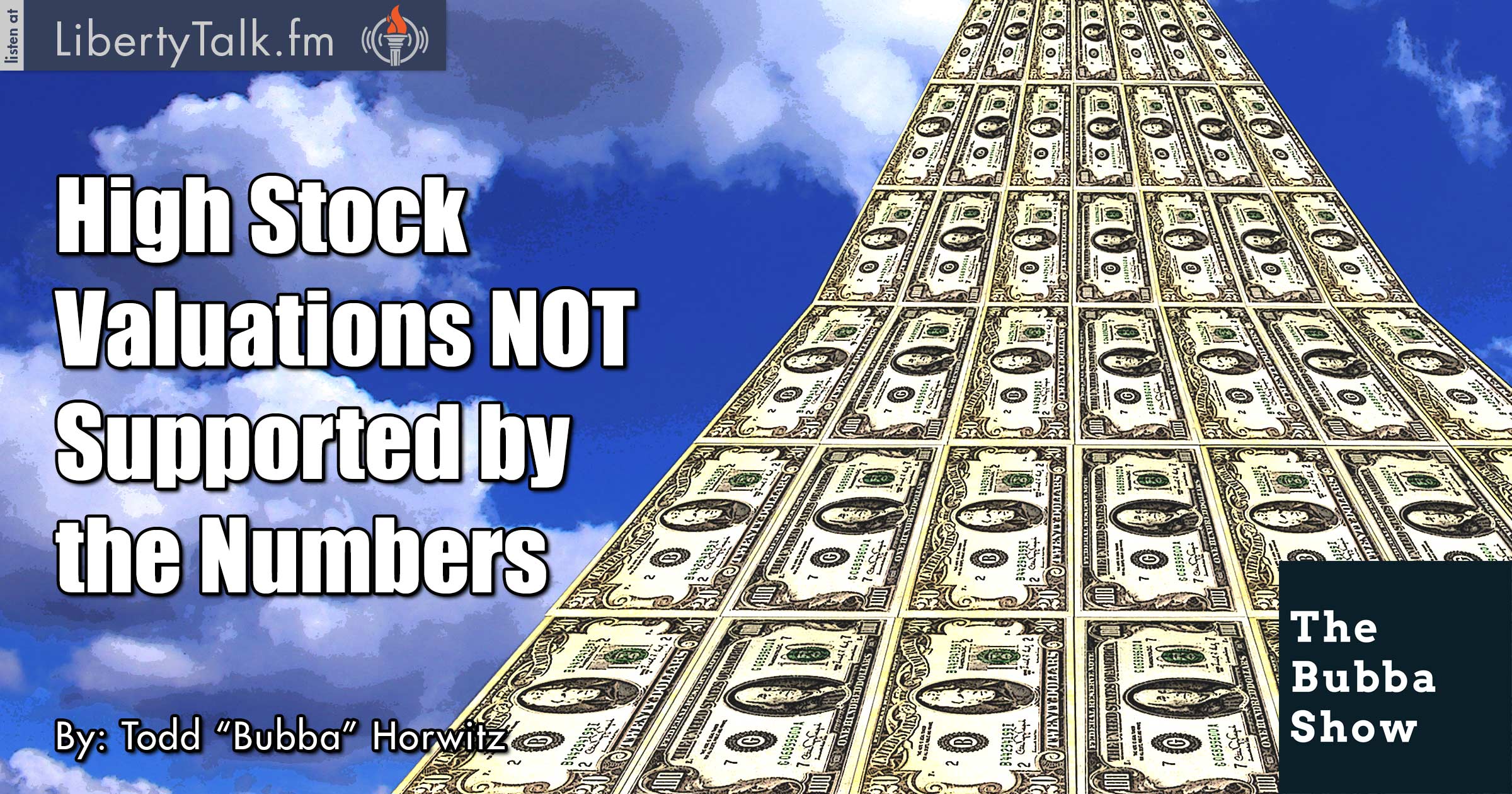 Bof A Reassures Investors Why High Stock Market Valuations Are Not A Threat
Apr 26, 2025
Bof A Reassures Investors Why High Stock Market Valuations Are Not A Threat
Apr 26, 2025 -
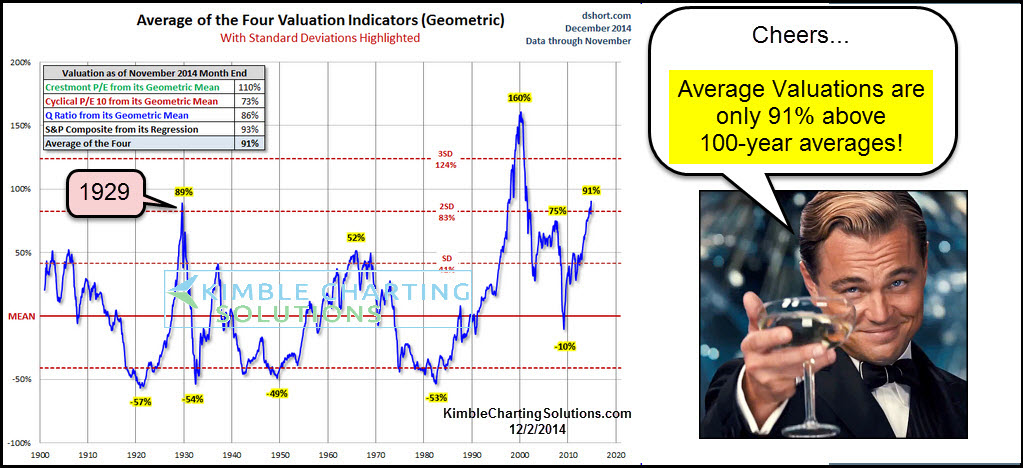 High Stock Valuations And Investor Concerns A Bof A Analysis
Apr 26, 2025
High Stock Valuations And Investor Concerns A Bof A Analysis
Apr 26, 2025 -
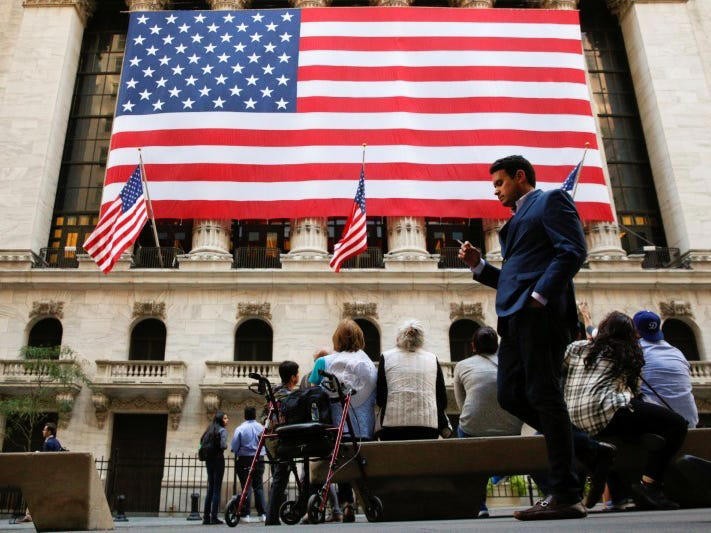 Bof As Take Why Stretched Stock Market Valuations Shouldnt Worry Investors
Apr 26, 2025
Bof As Take Why Stretched Stock Market Valuations Shouldnt Worry Investors
Apr 26, 2025 -
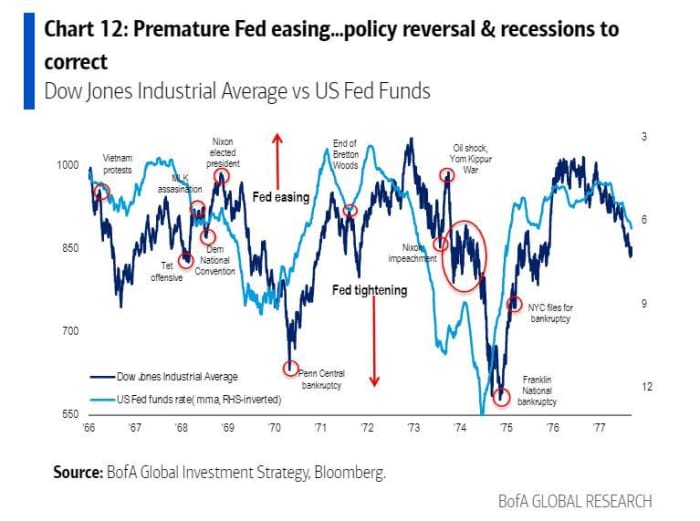 Are High Stock Market Valuations A Cause For Concern Bof A Says No
Apr 26, 2025
Are High Stock Market Valuations A Cause For Concern Bof A Says No
Apr 26, 2025
